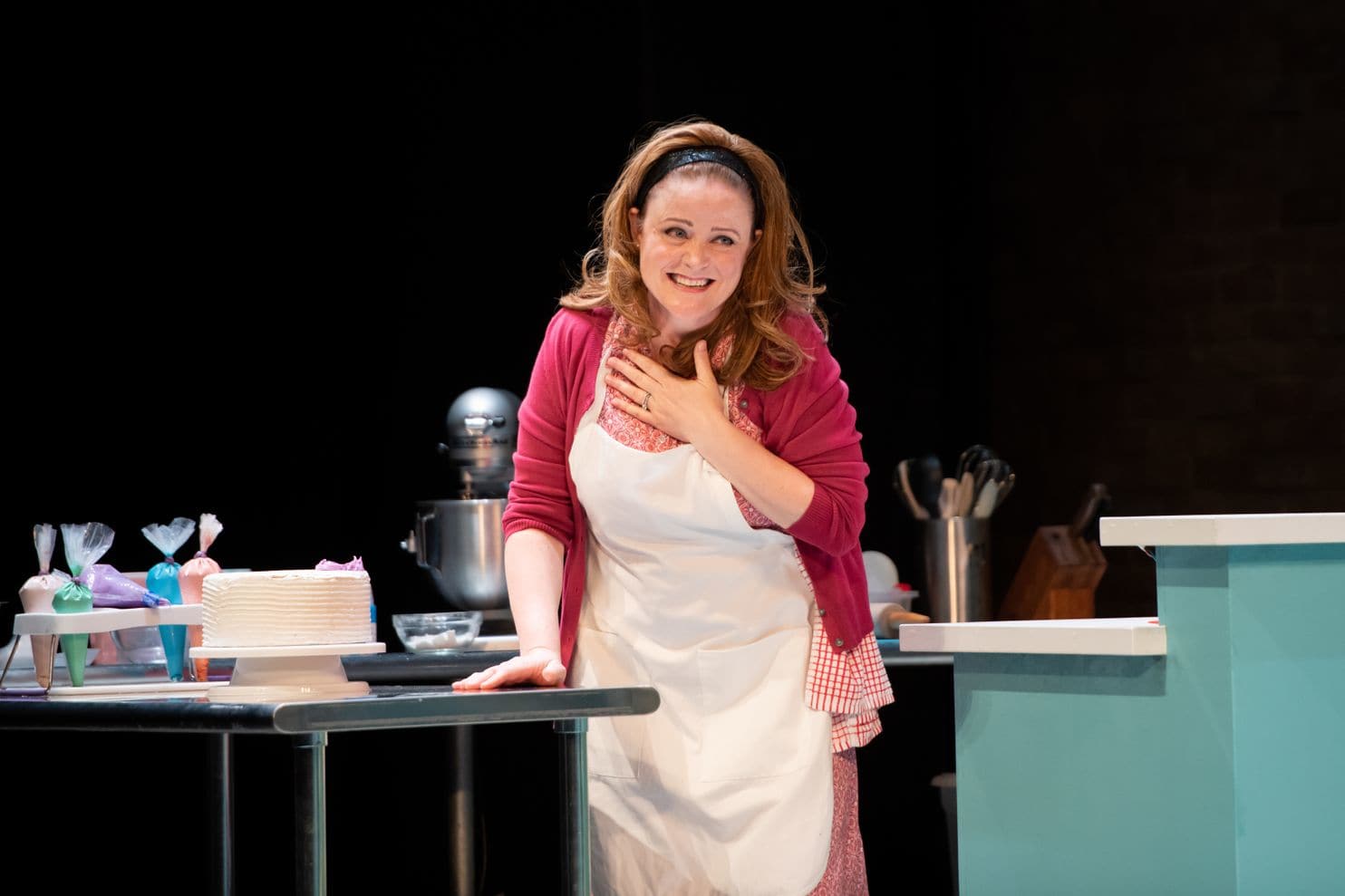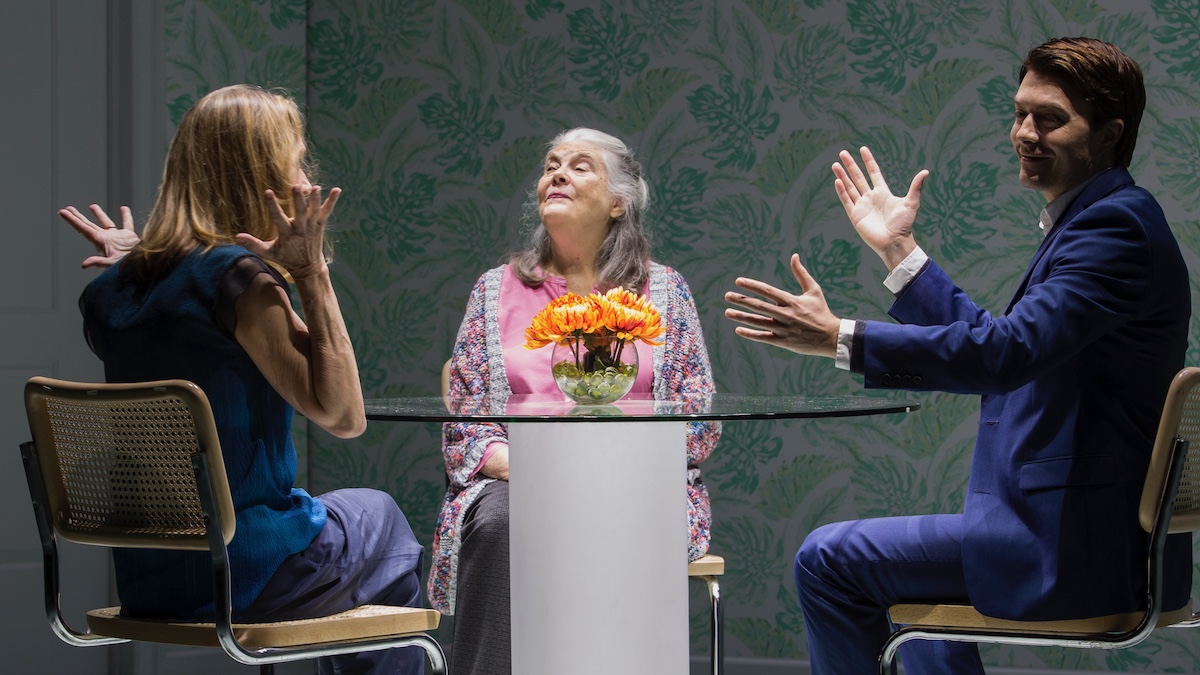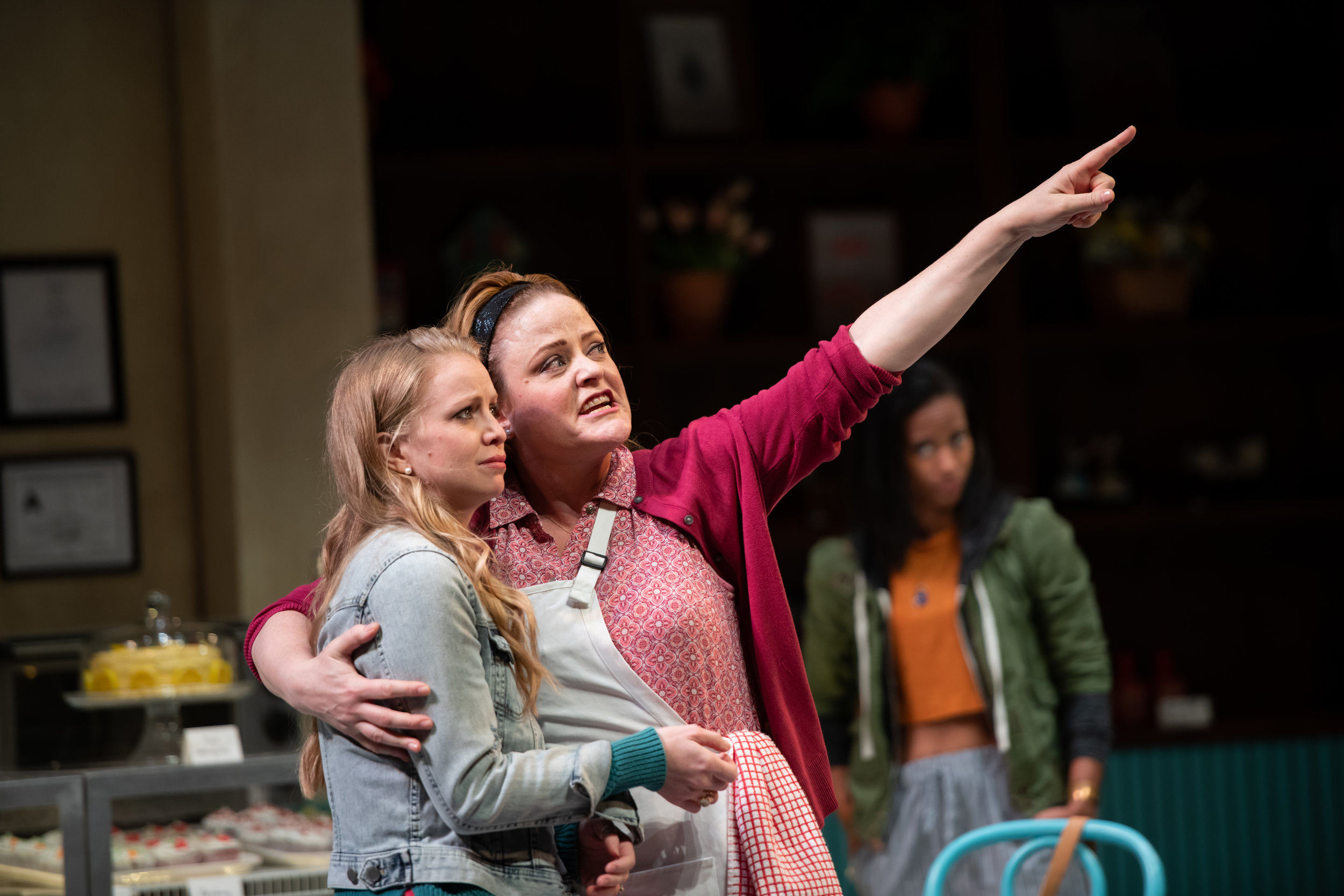
There are few treats in this world better than a cake baked especially for you. Most cakes are too large to eat alone, so you experience the pleasure of people. A cake’s enjoyment often depends on its company. Additionally, cakes are both celebratory and potent time markers. Many of our life events revolve around this confectionery marvel. I remember with clarity particular cakes and the occasions they signified: the vegan robot cake for my son’s third birthday, my Uncle Bill’s retirement “Better than Robert Redford Cake” – named by his sister (who was a Sister, and found the Redford moniker more appropriate for her Catholic faith than its original “Better than Sex Cake”), and my 23rd birthday cake, delivered to me by a new boyfriend on a motorcycle. Baking a cake takes time. It’s an exercise that requires patience and love; under all the butter, sugar, and flour, all those empathetic qualities are palatable.
Working as a freelance director, sometimes you are offered passion projects, and other times you are a hired gun. Some plays feel like cakes baked especially for you and others feel mass-produced at the Entenmann’s factory. Last February, I received a call from Ed Herendeen, Producing Director of Contemporary American Theater Festival (CATF). Ed possesses impeccable and adventurous taste; I have always admired his willingness to take risks and his radical approaches to form. On CATF stages, wild events are certain to occur: matricide, invented languages, dancing vaginas, and love making in pig feces, etc. In the twenty-eight years of making new work in West Virginia’s oldest town, CATF is a powerful force in amplifying bold and experimental writing for the American Theatre. My interest piqued when Ed invited me to direct The Cake by Bekah Brunstetter. I was already a fan of Bekah’s, having followed her work closely knowing we share Southern roots. (Bekah hails from Winston-Salem, North Carolina and I was raised outside Charlottesville, Virginia.) The alchemy of working on The Cake at CATF held great appeal. Upon first read of the play, I felt a sense of generosity; as if someone had baked a cake especially for me. These characters were people I intimately knew from childhood; my family, my teachers, my neighbors. The Cake would bring people together, invoke a celebratory moment for CATF, and ultimately inspire a tremendous amount of love from the creative team.
The Cake follows a conservative North Carolinian baker Della. Her life’s dream of competing on “The Great American Baking Show” feels within her grasp. Her surrogate goddaughter Jen surprisingly arrives in town to plan her wedding. The two reconnect with joyous abandon. Della exuberantly vows to bake her godmother’s cake. Della’s worldview shatters when she learns Jen is engaged to a woman. Over the course of the story, Della grapples with how to authentically show up in this imperative moment of Jen’s life while wrestling with faith, self-doubt, and the seeming impossibility of understanding a life quite different than her own. Brunstetter masterfully crafts Della with humor and heart. As an audience, we root for Della, which makes it difficult to simply dismiss her struggle as bigotry. Rather, we move through the play hopeful that Della, and thereby, we, can take incremental steps to adopt new ideas. In essence, the play asks us to build an existential solidarity; making space for humans to truly change in their lives, though the transformation itself may be quite small.
Two weeks into the rehearsal process, the Supreme Court ruled the Masterpiece Cakeshop Ltd vs. Colorado Commission on Civil Liberties case in favor the baker, Jack Phillips. Citing religious beliefs, Phillips declined to bake a wedding cake for David Mullins and Charlie Craig, a Denver-based same-sex couple. We reeled from this news as a company. CATF saw a spike in single-ticket sales for the show as the community was eager to gather, discuss, and witness, through theatre, the very headlines playing out before them. Though the ruling was limited, many members of the creative team felt that the Court offered dangerous encouragement to those who would deny LGBTQ people their civil rights. Folks like Della could make crucial steps toward compassion, and in just one decision, the highest court in the land utterly guts progress. The play took on a new meaning in fighting these injustices.
The power of The Cake lies in the characters’ abilities to sweetly and subversively stay in the room with ideas they oppose. When beliefs collide at the most awkward, uncomfortable, and distressing times, people do not abandon one another. They listen. They learn. And though they may never agree, they do not hold contempt for one another. The CATF production was served well by an exceptional cast— Kelly Gibson, Monet, Lee Sellars, and Erika Rolfsrud as Della. These artists embraced the civilizing emotions that the play amplifies; empathy, humor, and compassion. Brunstetter says of the play, “One reason I set out to write it was to engage in debate without it turning into angry arguments. We try to understand each other’s point of view.” Like a cake lovingly baked for you, CATF’s production brought together an extraordinary group of artists to mark a pivotal moment with boundless love and remarkable resistance. That’s proof to me, as a theatre maker, one can have their cake and eat it too.
To purchase a copy of The Cake, click here, and to learn more about licensing a production, click here.

Plays About Technology

Newly Available for Licensing – December 2025 (US)


